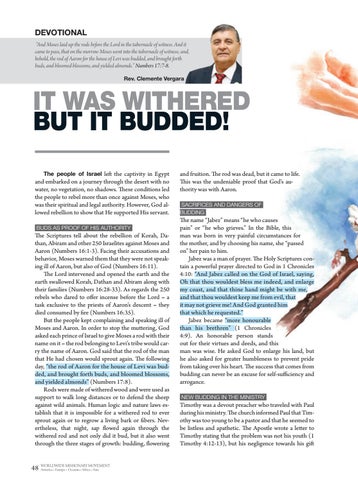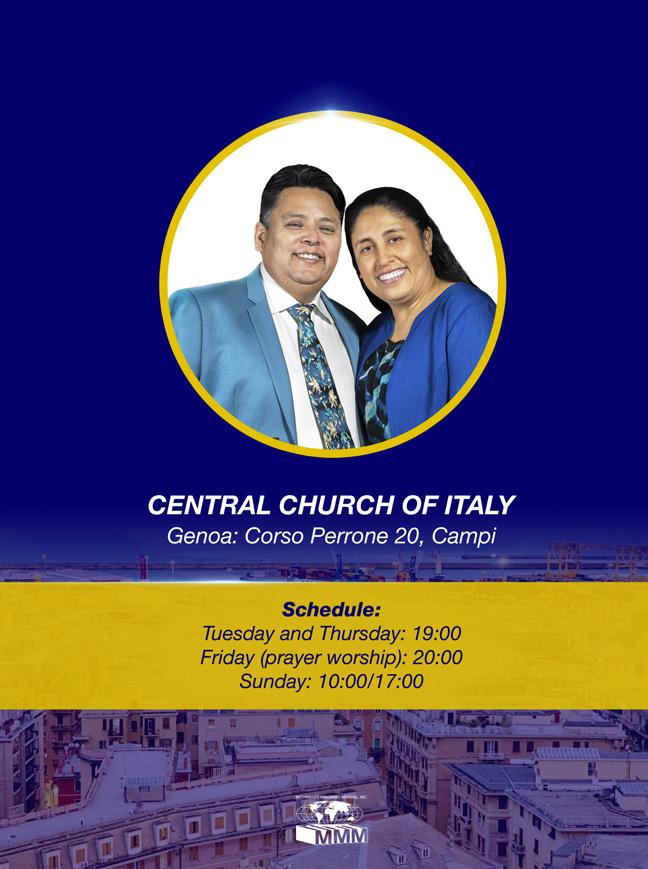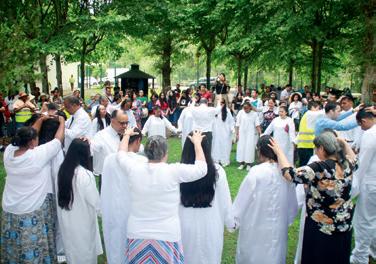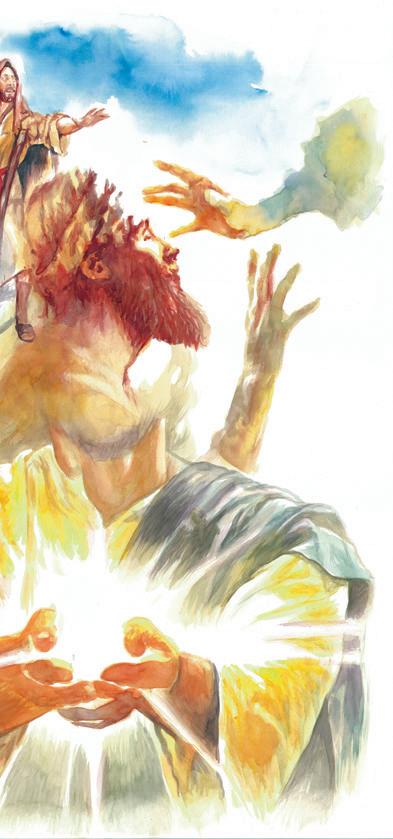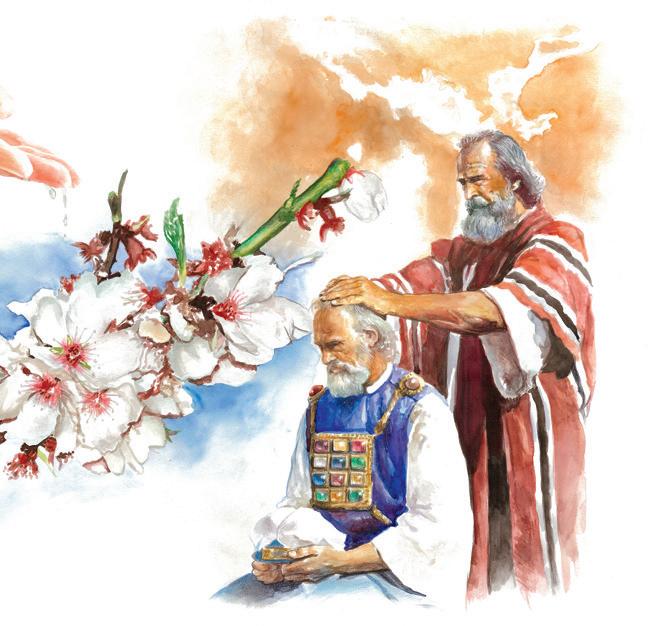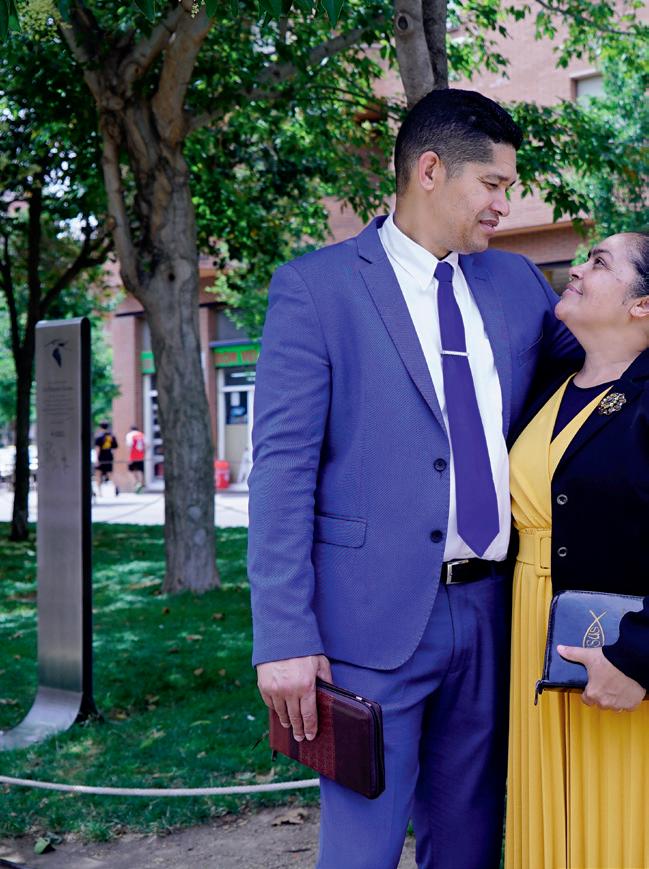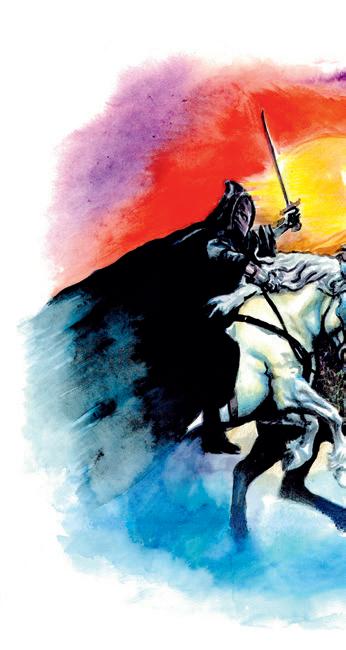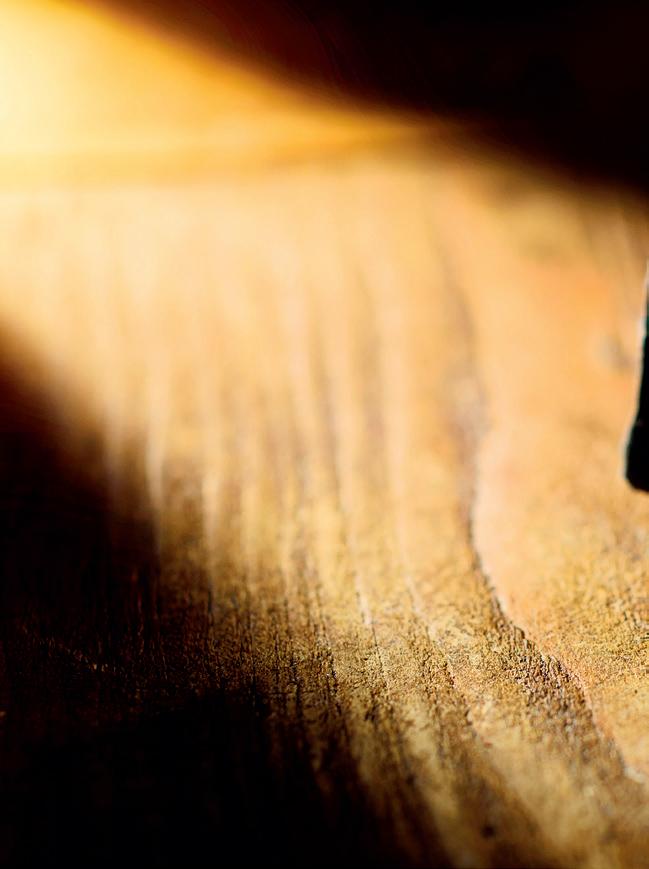DEVOTIONAL “And Moses laid up the rods before the Lord in the tabernacle of witness. And it came to pass, that on the morrow Moses went into the tabernacle of witness; and, behold, the rod of Aaron for the house of Levi was budded, and brought forth buds, and bloomed blossoms, and yielded almonds.” Numbers 17:7-8. Rev. Clemente Vergara
IT WAS WITHERED BUT IT BUDDED! The people of Israel left the captivity in Egypt and embarked on a journey through the desert with no water, no vegetation, no shadows. These conditions led the people to rebel more than once against Moses, who was their spiritual and legal authority. However, God allowed rebellion to show that He supported His servant. BUDS AS PROOF OF HIS AUTHORITY
The Scriptures tell about the rebellion of Korah, Dathan, Abiram and other 250 Israelites against Moses and Aaron (Numbers 16:1-3). Facing their accusations and behavior, Moses warned them that they were not speaking ill of Aaron, but also of God (Numbers 16:11). The Lord intervened and opened the earth and the earth swallowed Korah, Dathan and Abiram along with their families (Numbers 16:28-33). As regards the 250 rebels who dared to offer incense before the Lord – a task exclusive to the priests of Aaron’s descent – they died consumed by fire (Numbers 16:35). But the people kept complaining and speaking ill of Moses and Aaron. In order to stop the muttering, God asked each prince of Israel to give Moses a rod with their name on it – the rod belonging to Levi’s tribe would carry the name of Aaron. God said that the rod of the man that He had chosen would sprout again. The following day, “the rod of Aaron for the house of Levi was budded, and brought forth buds, and bloomed blossoms, and yielded almonds” (Numbers 17:8). Rods were made of withered wood and were used as support to walk long distances or to defend the sheep against wild animals. Human logic and nature laws establish that it is impossible for a withered rod to ever sprout again or to regrow a living bark or fibers. Nevertheless, that night, sap flowed again through the withered rod and not only did it bud, but it also went through the three stages of growth: budding, flowering MISSIONARY MOVEMENT 48 WORLDWIDE America • Europe • Oceania • Africa • Asia
and fruition. The rod was dead, but it came to life. This was the undeniable proof that God’s authority was with Aaron. SACRIFICES AND DANGERS OF BUDDING
The name “Jabez” means “he who causes pain” or “he who grieves.” In the Bible, this man was born in very painful circumstances for the mother, and by choosing his name, she “passed on” her pain to him. Jabez was a man of prayer. The Holy Scriptures contain a powerful prayer directed to God in 1 Chronicles 4:10: “And Jabez called on the God of Israel, saying, Oh that thou wouldest bless me indeed, and enlarge my coast, and that thine hand might be with me, and that thou wouldest keep me from evil, that it may not grieve me! And God granted him that which he requested.” Jabez became “more honourable than his brethren” (1 Chronicles 4:9). An honorable person stands out for their virtues and deeds, and this man was wise. He asked God to enlarge his land, but he also asked for greater humbleness to prevent pride from taking over his heart. The success that comes from budding can never be an excuse for self-sufficiency and arrogance. NEW BUDDING IN THE MINISTRY
Timothy was a devout preacher who traveled with Paul during his ministry. The church informed Paul that Timothy was too young to be a pastor and that he seemed to be listless and apathetic. The Apostle wrote a letter to Timothy stating that the problem was not his youth (1 Timothy 4:12-13), but his negligence towards his gift
